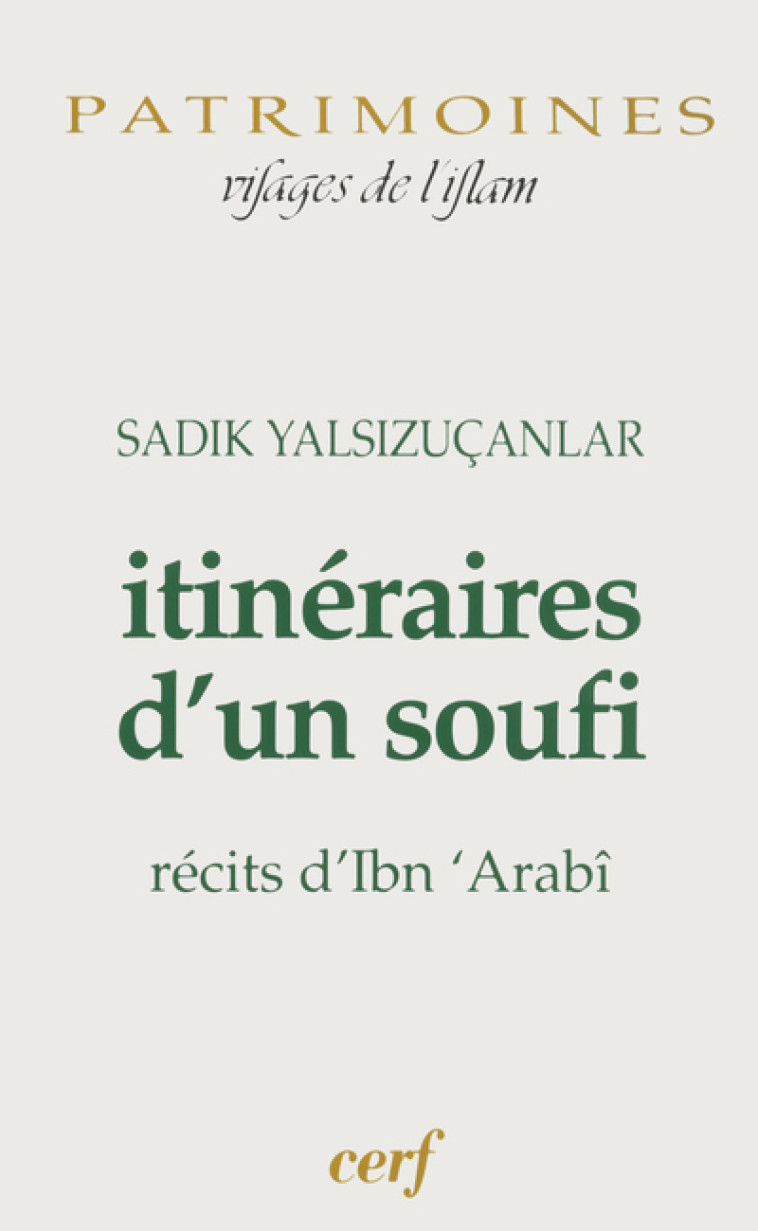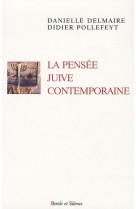--
Ibn 'Arabi was atypical, if nothing else. This romantic hero swept aside all the laws of the genre. To focus on his psychology, his local specificities, would be to miss the perpetual motion of a heart that was All-embracing and that of a visionary. This indefatigable spirit, spurred on by his many talents (including those of verse and prose), and who preceded the Renaissance by a good three hundred years (Murcie, Andalousie, 1165 — Damas, 1240), is a daunting prospect to any biographer, with his constant wanderings, the sacred Book firmly in his grasp. However, a Turkish author of our times has taken up this challenge. Casting aside erudition and employing a mixture of first and third-person narrative, Sadik Yalsizuçanlar has chosen undertake an obstinate quest for Truth, from Ibn ‘Arabi's encounter with Averroes - a family friend - at Cordoba, to the call of an immense, almost infinite, Arab world not forgetting the highly important training he acquired from his very spiritual mother. The Mediterranean Sea, once the domain of Ulysses, was still a place of great nostalgia, but the Sufi transformed it thanks to that ‘presence-absence' characterised by Islam as an ‘interspace', assuming forms and signs here on Earth and, in an ‘imaginary' fashion, sainthood (Ibn ‘Arabi himself having coined the phrase ‘Seal of the Saints'). His poetic deciphering of the world (he produced eight hundred and fifty books) is in constant cohabitation with his practice of systemic ascension. These Itinéraires recount the adventures of a spirit as it frees itself from its material surroundings. The letters and words are the instruments of another cabal: the almost direct relationship between God and his creature is a matter of language, love and contemplation — all one and the same. God is not noumenal the phenomenon in itself is God. The doctrine, which is, after all, the infinite power of dialectics, refers to the absolute presence: as it is possible to be both here and elsewhere, as well as in the past, present and future, might not the philosophy of this son of Plato shed new light on our rationalism in the most surprising and invigorating fashion?





